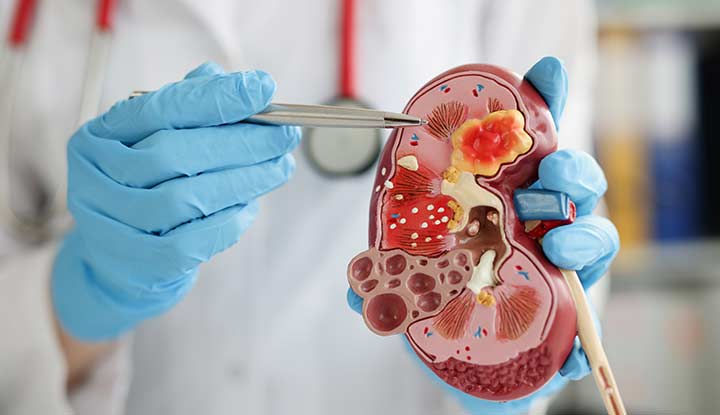Colonoscopy Services in Sahakar Nagar Bangalore
- Medstar Hospital
- Feb 16, 2024
- 1 min read

A colonoscopy is a medical procedure that allows a gastroenterologist to examine the inner lining of your large intestine (colon) and rectum using a flexible tube with a camera attached, known as a colonoscope. It's considered the gold standard for detecting colorectal cancer and other gastrointestinal conditions.
Why Colonoscopy Matters Colorectal cancer is the third most common cancer worldwide, but it's also one of the most preventable. Colonoscopy serves as a powerful tool for early detection and prevention by identifying precancerous growths (polyps) and removing them before they have the chance to develop into cancerous tumors.
Key Steps of a Colonoscopy:
Preparation: This involves cleansing the colon by following specific dietary instructions and taking laxatives to ensure optimal visibility during the procedure.
Procedure: You'll be sedated as the colonoscope is gently inserted through the rectum and guided through the colon. The doctor will carefully inspect the colon lining for abnormalities and may remove any polyps detected.
Recovery: After the procedure, you'll spend some time in a recovery area until the sedation wears off. Most people can resume normal activities within a day.
#ColonoscopyAwareness #PreventiveHealth #EarlyDetectionSavesLives #ColorectalCancerScreening #DigestiveHealth #HealthAwareness #CancerPrevention #TakeControlOfYourHealth









Comments